Key Differences Between Oracle, SQL Server, MySQL and PostgreSQL
There are a few well-known names that come to mind when selecting a relational database management system (RDBMS) for your company: Oracle, SQL Server, MySQL, and PostgreSQL. Understanding the fundamental distinctions between these RDBMS solutions can help you choose the one that is ideal for your particular use case. Each of these RDBMS solutions has benefits and limitations. We’ll examine some of the most significant distinctions across Oracle, SQL Server, MySQL, and PostgreSQL in this blog post.
- Oracle
Several big businesses utilize Oracle, a well-liked RDBMS. It is renowned for its excellent robustness and scalability. Oracle provides a range of data warehousing and analytics tools, such as enhanced compression, materialized views, and partitioning. Oracle is renowned for having high costs, both in terms of hardware requirements and licensing fees.
- SQL Server
SQL Server is a Microsoft product that is popular among businesses that use Microsoft products as it seamlessly integrates with Microsoft’s other offerings. SQL Server is known for its reliability, scalability, and ease of use. It also offers a range of features for data warehousing and analytics, including columnstore indexes, in-memory OLTP, and polybase. SQL Server can be costly for larger installations, but there are also free versions available.
- MySQL
An open-source RDBMS with a large user base is called MySQL. High performance, scalability, and usability are some of its best qualities. Due to its inexpensive cost and simple installation, MySQL is a preferred option for web developers. Replication, full-text search, and support for different storage engines are just a few of the features that MySQL provides for online applications.
- PostgreSQL
Another well-liked open-source RDBMS with a reputation for having cutting-edge functionality and flexibility is PostgreSQL. Complex data types, transaction control, and sophisticated indexing are all supported by PostgreSQL. Also, it is quite adaptable, enabling users to design unique data kinds and functions. Because to its sophisticated features and support for machine learning and analytics, PostgreSQL is a popular choice among developers and data scientists.
Conclusion
Popular RDBMS options including Oracle, SQL Server, MySQL, and PostgreSQL each have certain advantages and disadvantages. Cost, scalability, features, ease of use, and support are all significant considerations when selecting the best RDBMS for your company. You can choose the RDBMS that is most appropriate for your business needs by carefully weighing each choice and taking your unique needs into account.



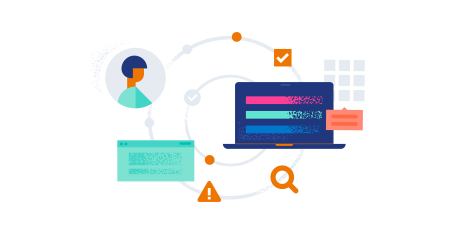
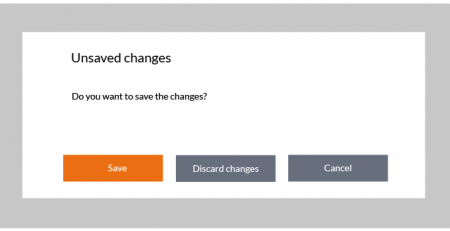
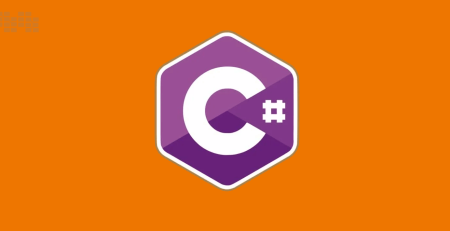

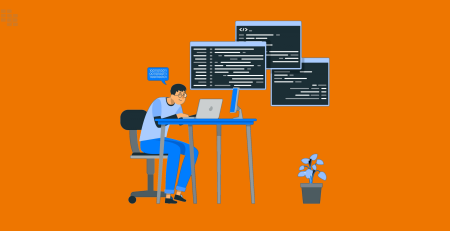
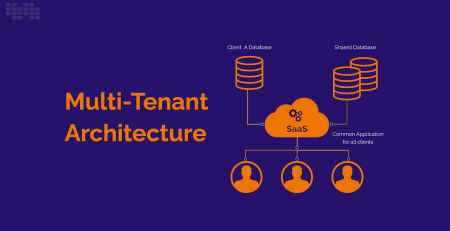
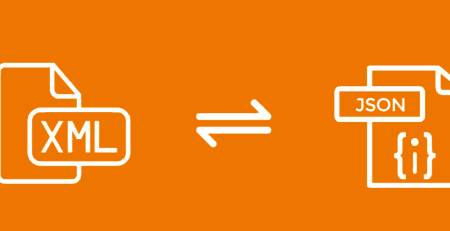
Leave a Reply